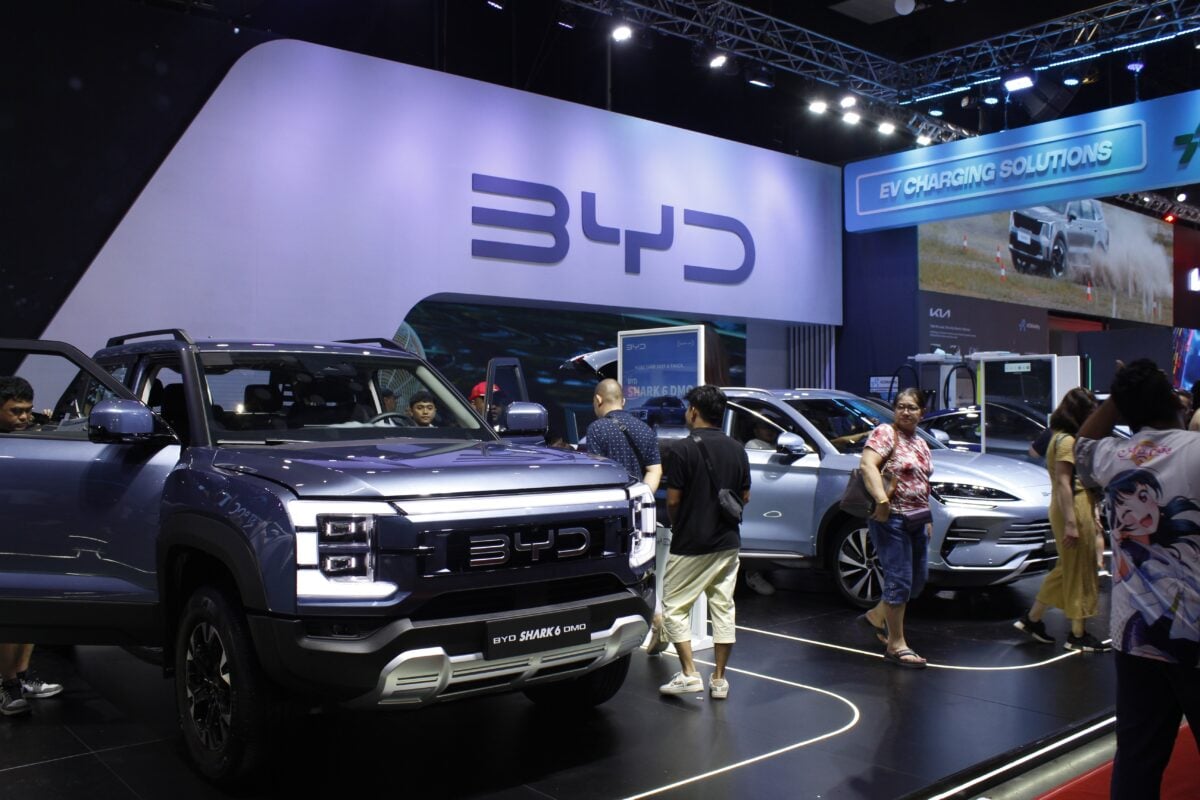TLDRs;
- China’s affordable EV market booms as government reins in excessive price cuts.
- Leapmotor, Xpeng break sales records in July 2025 thanks to growing budget EV demand.
- Beijing shifts from price war to stabilizing EV sector for long-term sustainability.
- Chinese EV makers leverage low prices to challenge global rivals like Tesla.
China’s affordable electric vehicle segment is enjoying a major boom as the country’s government moves to cool a damaging price war.
Last month, Chinese automakers Leapmotor and Xpeng reported record-breaking sales, highlighting growing demand for lower-cost EVs among cost-conscious consumers.
Leapmotor, backed by Stellantis, delivered 50,129 vehicles last month, its third straight monthly record and a 127% year-on-year jump. Xpeng, partially owned by Volkswagen, surpassed its own previous record by delivering 36,717 vehicles, up an impressive 229% from a year earlier. These sales are largely driven by the budget segment, with both companies offering models around 100,000 yuan (approximately $13,888).
As incentives shrink and government policies shift, the appeal of budget-friendly EVs has only grown. Xiaomi, another new player in the EV space, also reported delivering more than 30,000 vehicles in July, although it did not provide an exact figure.
Beijing’s New Strategy Balances Growth
The Chinese government’s decision to pull back on aggressive price cuts marks a significant strategic pivot. After years of pumping roughly $230 billion into the EV industry through subsidies and incentives, Beijing is now seeking a more stable path forward. In May, regulators issued guidance to automakers, warning against unsustainable price slashing that could harm long-term sector health.
This carefully balanced policy mix, including perks like free license plates for EV buyers, is designed to stimulate adoption while preserving profitability across the industry. The results speak for themselves: from 1.3 million EV sales in 2021 to a staggering 6.8 million in 2022, China has cemented its role as the world’s largest EV market, representing more than a third of global sales.
Competitive Pricing Powers Global Ambitions
China’s budget EV surge is also reshaping the global auto industry. Local manufacturers are leveraging their scale, government backing, and aggressive pricing to challenge Western rivals abroad.
For example, Xpeng’s Mona 03 sedan is priced at 119,800 yuan (half the price of a Tesla Model 3) while offering similar autonomous driving capabilities.
Similarly, Leapmotor’s new B01 sedan, introduced last month at just 89,800 yuan (roughly $12,552), undercuts global competitors while boasting advanced features such as lidar sensors, smart driving systems, and fast-charging capabilities. With ranges of up to 650 km and 300 km achievable in an 18-minute charge, the B01 has positioned itself as a formidable competitor.
A Crowded but Promising Market
Despite fierce competition and low profit margins, Chinese automakers remain confident in their expansion plans. Stellantis has injected $1.6 billion into Leapmotor to scale its production toward a target of 4 million annual units. At the same time, Xpeng has been steadily growing its European market share, doubling to 5.1% in the first half of 2025.
While Beijing’s directive has cooled the price war, the fundamentals of China’s EV push continue to drive growth both domestically and internationally. With demand for budget EVs showing no signs of slowing, China appears poised to keep reshaping the global auto landscape.






